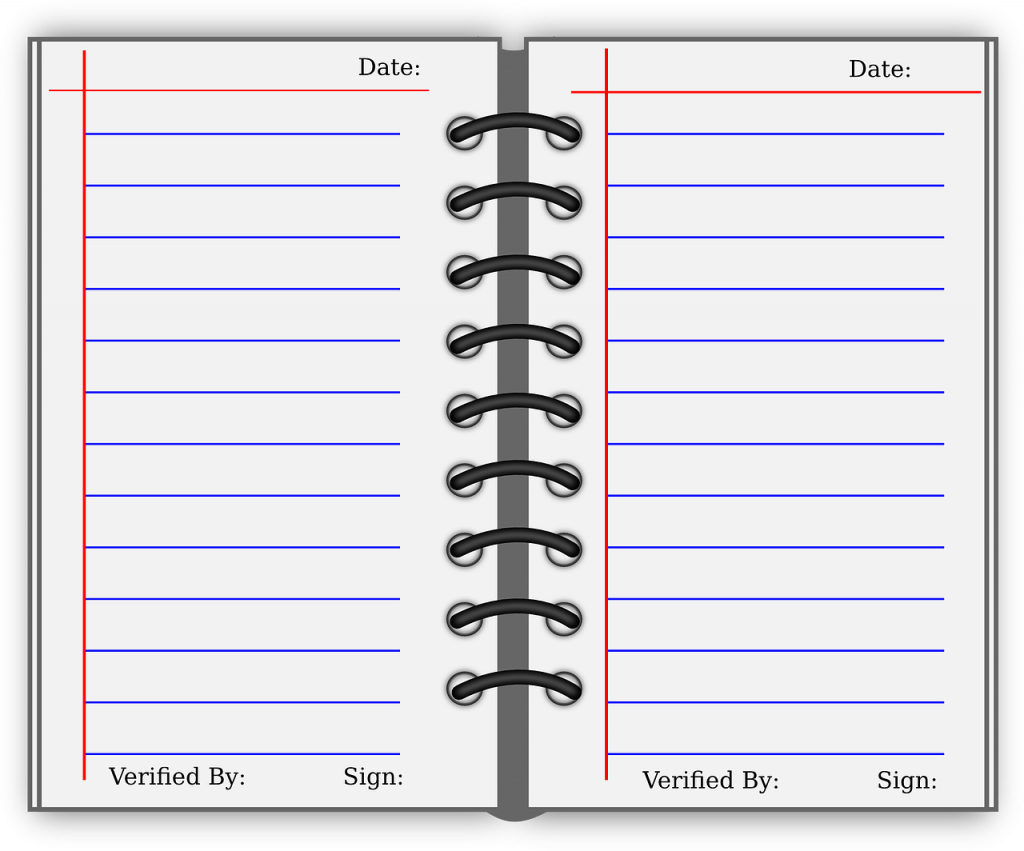When I’m checking out companies on social media I often see that they’re doing exactly what I’m doing – sharing content related to their industries rather than sharing information directly about their companies. They do this so as not to come off as doing the “hard sell” to potential customers but rather go the “soft sell” approach by offering free content in the hopes that customers will visit their website through sheer intrigue. Don’t get me wrong, this approach does work – I should know, I use it! Lately, however, when pursuing companies on social media, I’ve started to really wish that they would just tell me what their product does and how to use it. Yes, I appreciate the extra free content they provide, but in general, if I’m half interested in their product, all I really want to see is information about that product. So that said, I’ve decided to apply this rationale to my own blogging strategy for a bit because I wouldn’t mind betting there are potential customers out there saying the same thing about this e-BAS Accounts! For the next few weeks, this blog will be all about e-BAS Accounts – how we work and the products and services we provide. That’s right – it’s going to be all about us – the how, why and what! To kick off this new blogging strategy, today’s blog is going to be all about our Business Activity Statement (BAS) procedure. I’ll explain what we do and what clients need to do (and stop doing) to make this “system” work.
…
How we work with you to get your BAS doneRead More »








